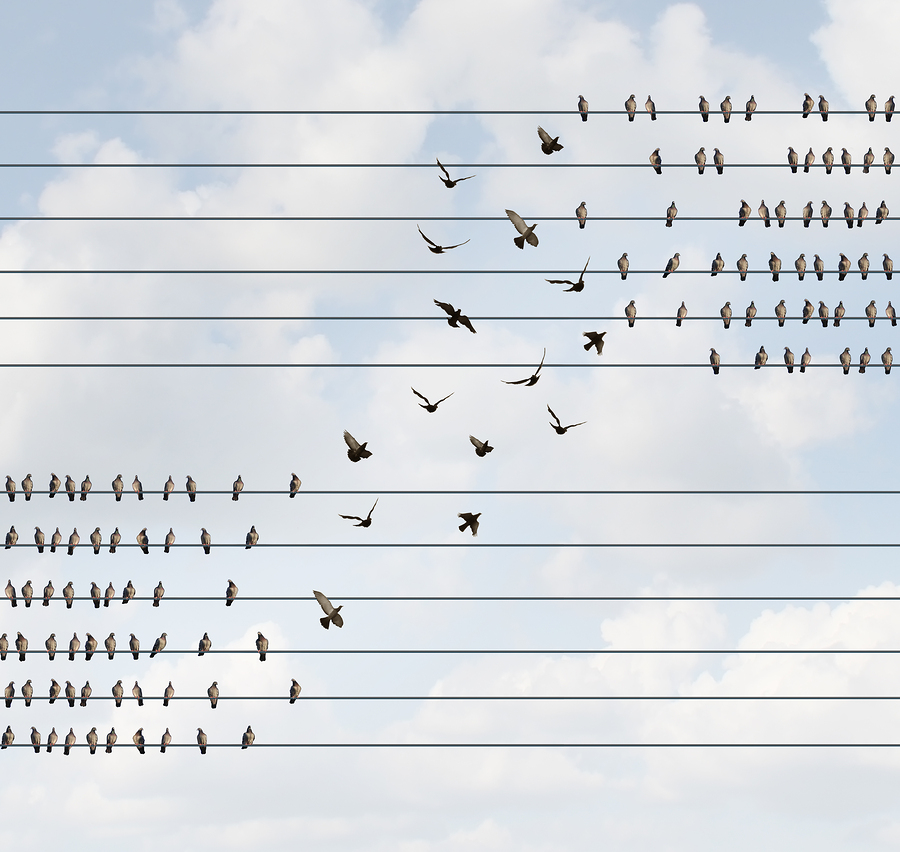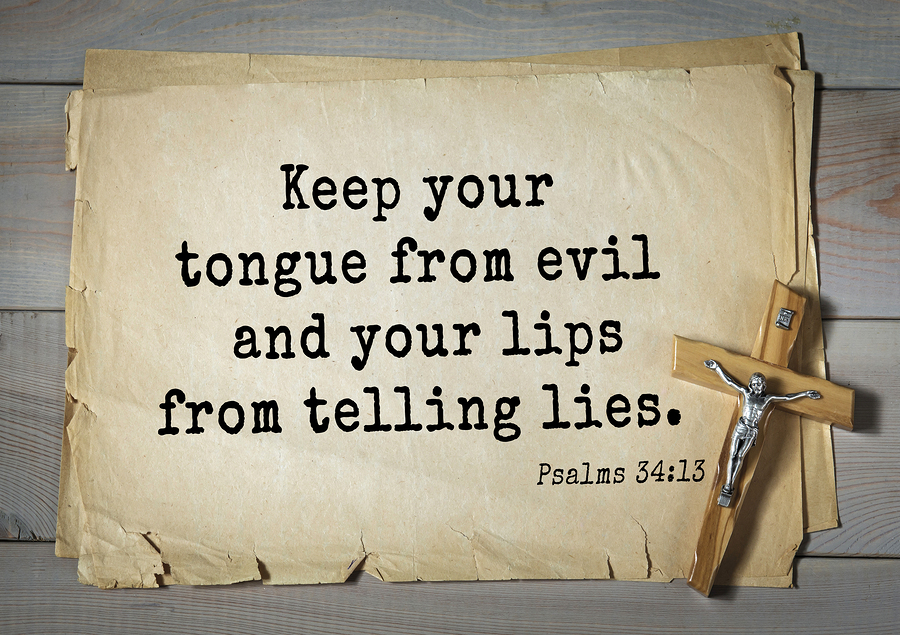There has always been a hierarchy in fiction distinguishing “literary” from “popular” books, with lines drawn between both topics and reading levels. Authors of each are different, somewhat like actors who work on stage versus those who work on screen.
Comparisons of literary vs. popular and stage vs. screen are often done in a derogatory manner.
Christian authors describing non-fiction might use the words “thoughtful” or “reflective” and “popular” to distinguish types of writing, but the purpose is the same, to distinguish topics and reading levels. These are valid descriptions and help focus the work to an audience and their preferences.
However, if the Christian author believes one type of writing is of greater importance than the other, they risk being snared into a worldly trap, which asserts it is only the highly educated who can truly grasp something of depth.
If spiritual maturity were related to education level, there would be no hope for the majority of the world’s Christians to grow in their faith.
After all, there is only one cross of Jesus Christ, not a “PhD Cross” and a “GED Cross.”
Everyone is confused by something, regardless of education. It’s what unifies humans!
The Gospel makes no sense to a lot of people. In fact, to many, it is pure foolishness. This is no surprise as God actually intended the Gospel to confuse them.
In the end, people still come to Christ by grace through faith and are indwelled by the Holy Spirit. And there is only one Holy Spirit, not one for the Ivy League college professor and another for the less-schooled person trying to keep their children alive.
The disciple Thomas needed to see first, and then believe. Others just believed.
Then Jesus told him, “You believe because you have seen me. Blessed are those who believe without seeing me.” John 20:29 NLT
God is big enough to easily absorb the doubts of the greatest thinkers and brilliant skeptics, who often swim in the deep end because their intellects desire to ponder difficult things. But it wasn’t their intelligence, which finally saves them. It is grace through faith, the same for everyone.
God is also personal enough for the humble grade school child in a village anywhere in the world, who upon hearing about his Grace, forgiveness and immense love, nods their head in prayerful acceptance of the greatest gift.
God is high enough, wide enough, big enough, and small enough to handle the thought process of any follower or seeker, regardless of IQ. This fact should unite believers, not divide.
So what should this mean for a Christian author?
Write whatever you are led to write, to whatever audience you want, but never, ever believe there is a hierarchy of importance, giving greater weight to books for the more educated and less to books written for the simple-faith folks.
That’s how the world thinks, not the Creator who made the world.
Growing in the Christian faith is about issues of the heart, not only the head. In the Sermon on the Mount, there was no educational requirement to receive blessing.
One day as he saw the crowds gathering, Jesus went up on the mountainside and sat down. His disciples gathered around him, and he began to teach them.
God blesses those who are poor and realize their need for him, for the Kingdom of Heaven is theirs.
God blesses those who mourn, for they will be comforted.
God blesses those who are humble, for they will inherit the whole earth.
God blesses those who hunger and thirst for justice, for they will be satisfied.
God blesses those who are merciful, for they will be shown mercy.
God blesses those whose hearts are pure, for they will see God.
God blesses those who work for peace, for they will be called the children of God.
God blesses those who are persecuted for doing right, for the Kingdom of Heaven is theirs.
God blesses you when people mock you and persecute you and lie about you and say all sorts of evil things against you because you are my followers. Be happy about it! Be very glad! For a great reward awaits you in heaven. And remember, the ancient prophets were persecuted in the same way. (Matthew 5:1-12 – New Living Translation)
People from all walks of life need Christian books, meeting them where they live and think.
Every person is important and so are the books intended for each.











